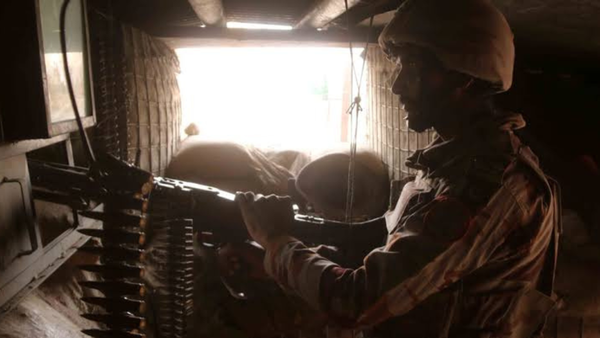The Islamic Emirate have denied the assertions made by the Pakistani army that the bombing targeted a number of members of the Tahreek-e-Taliban Pakistan (TTP), adding that the airstrikes also attacked women and children who were fleeing.
According to the media source, the bombings were the Pakistani military's second significant action in the last 12 months and their third large operation on Afghan territory since the Taliban regained power in August 2021.
In response, the Islamic Emirate launched operations from the provinces of Khost and Paktia, claiming to have killed 19 Pakistani security personnel.
While conceding that Pakistan's government must respond to attacks regardless of the country's governance and economic situation, it was noted that both Kabul and Islamabad had numerous reasons not to allow the tensions to escalate into a larger confrontation.
The limitations on Afghan trade and the repatriation campaign of Afghan refugees from Pakistan were also caused by attacks on Pakistani forces.
Pakistan has recently started detaining Afghans living in Pakistan who possess Afghan Citizenship Cards (ACC) in order to return them to Afghanistan.
Both Kabul and Islamabad had attempted to defuse the tensions, citing the visit to Kabul by Pakistan's special envoy Muhammad Sadiq Khan on the day of the airstrikes.
In response to Pakistan's assertions that the Islamic Emirate is not to blame for their security failure, Kabul has consistently disputed that Afghanistan's territory is being used to threaten other nations.







